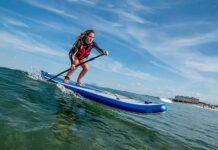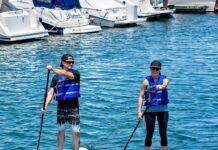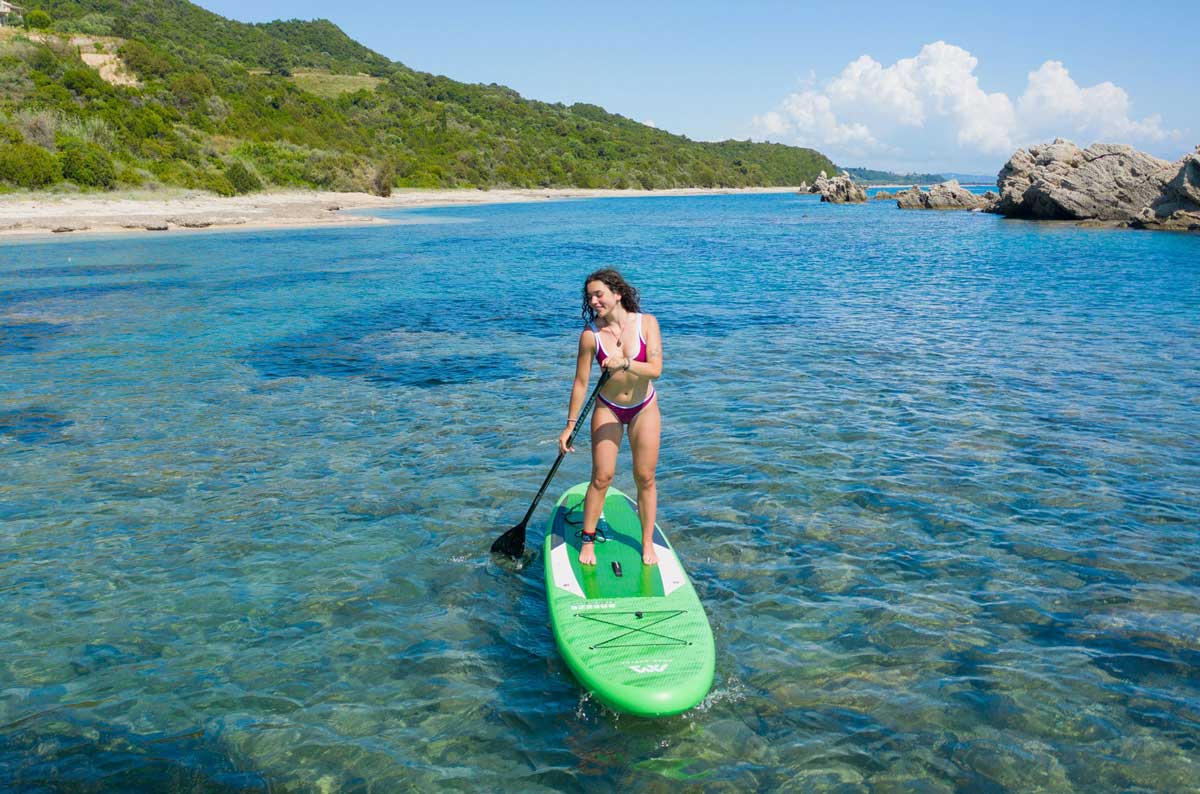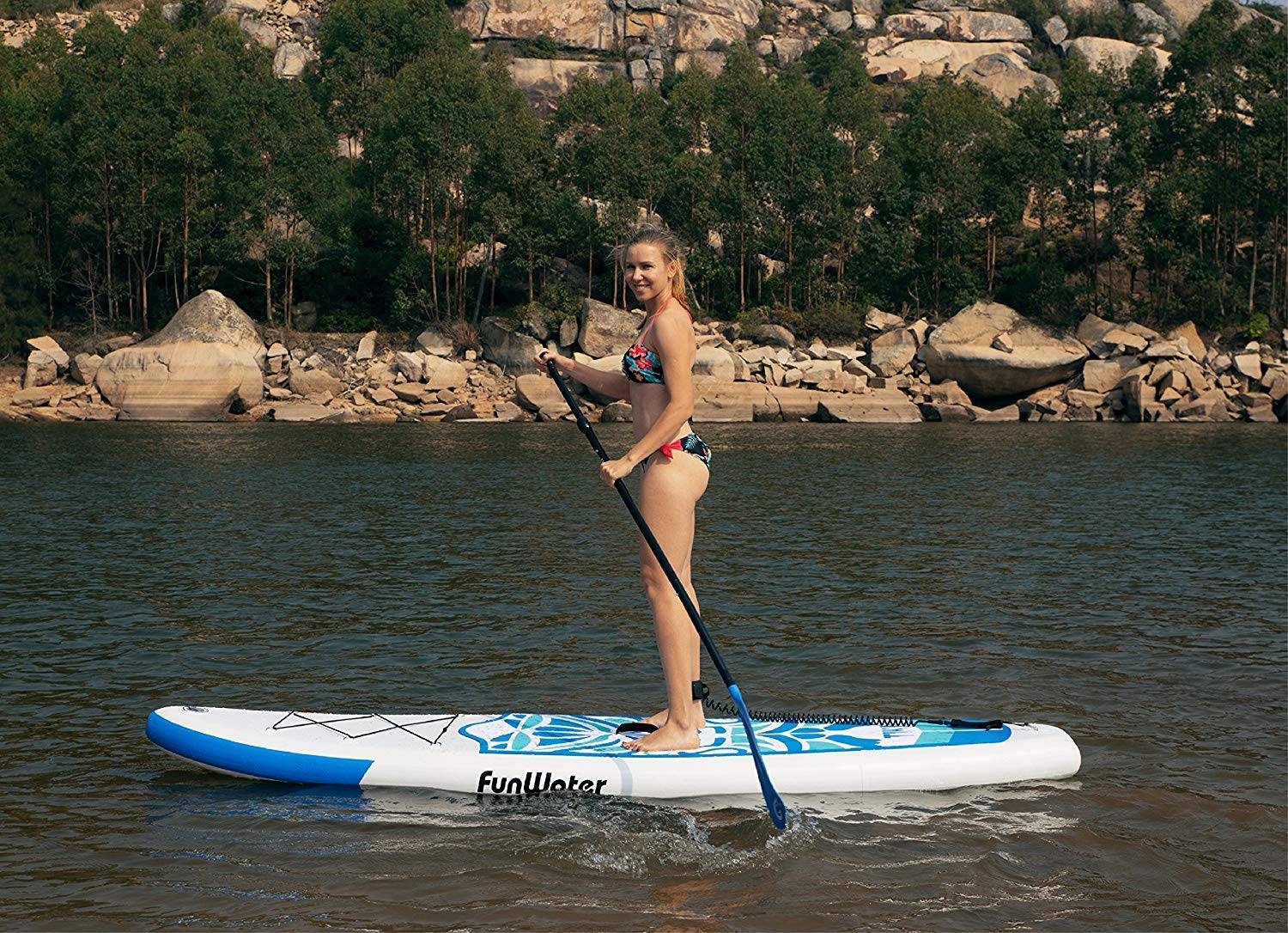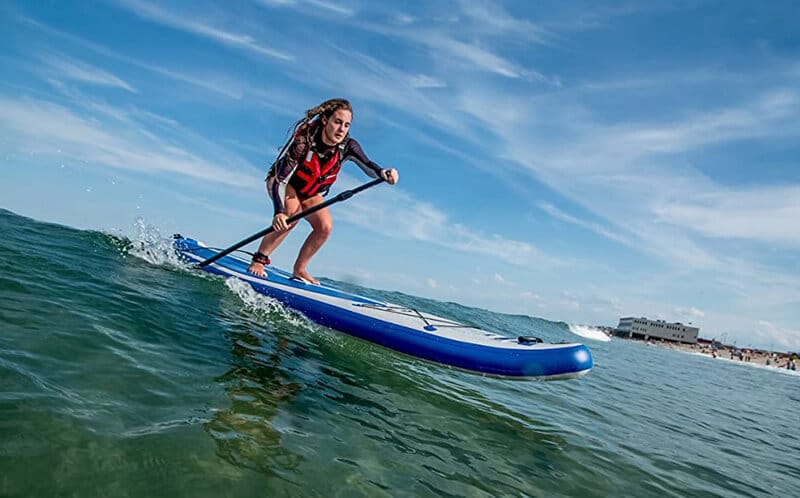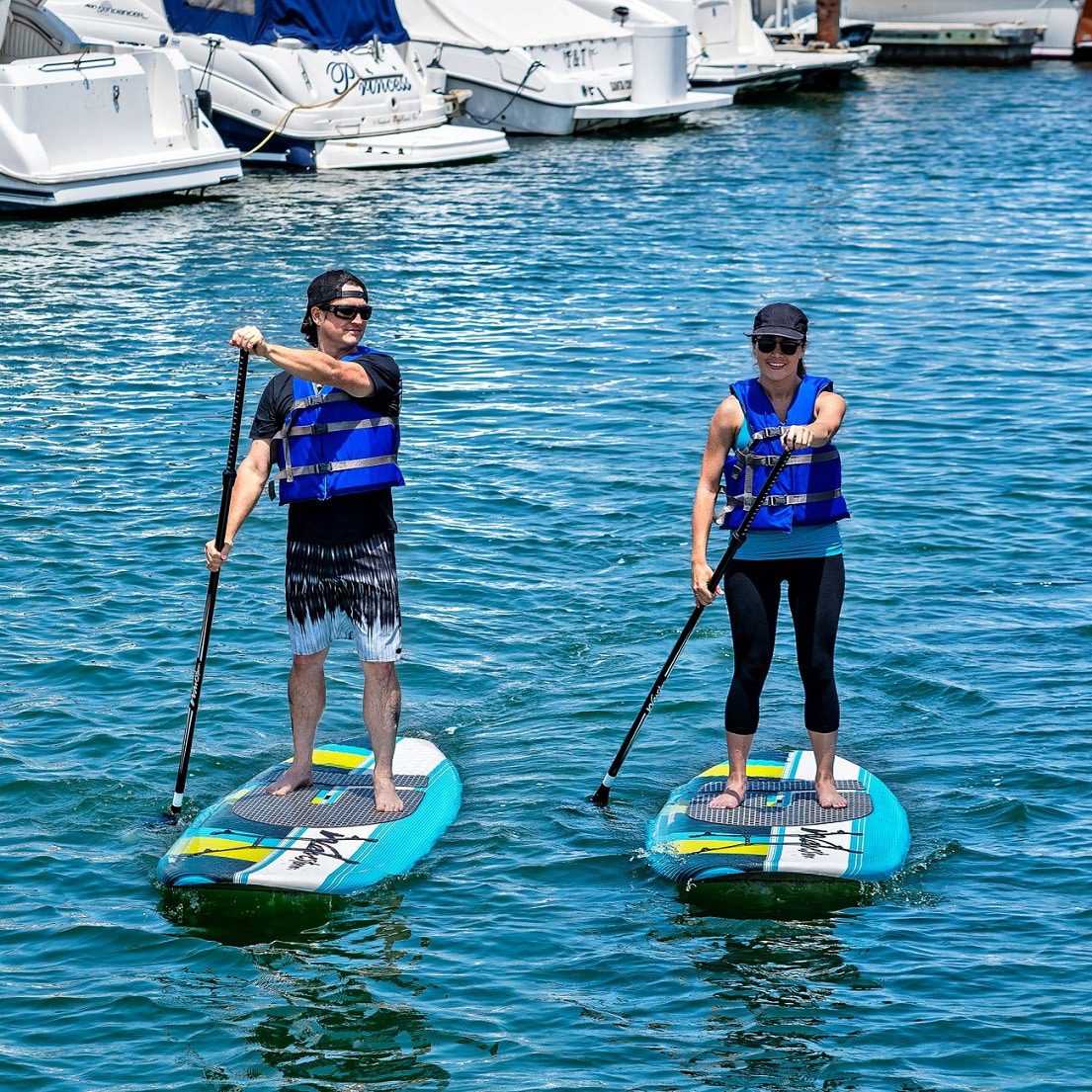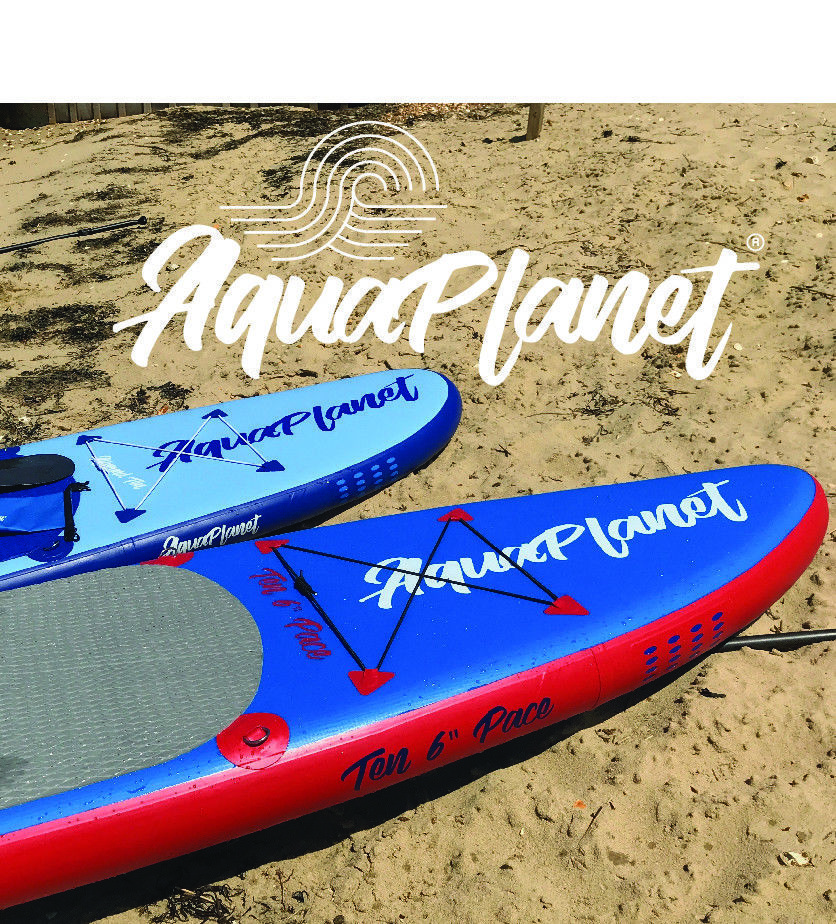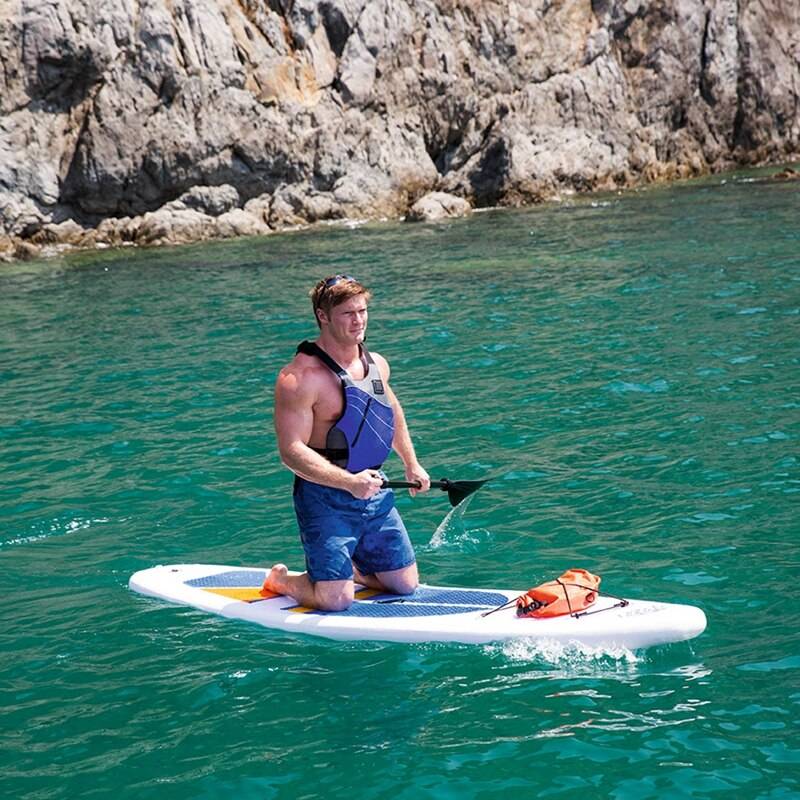Looking to dip your toes into the world of paddle boarding? Wondering if SUP fitness classes are a good starting point for beginners? Look no further! In this article, we’ll explore the pros and cons of SUP fitness classes for beginners, giving you all the information you need to make an informed decision. Dive in as we discuss the benefits, challenges, and considerations of embarking on this exciting water workout journey.
What are SUP fitness classes?
SUP fitness classes are group exercise sessions that take place on a stand-up paddleboard (SUP) in the water. These classes combine the elements of traditional fitness exercises with the unique challenge of balancing on a paddleboard. They offer a fun and engaging way to improve strength, flexibility, and cardiovascular fitness, all while enjoying the outdoors and the water.
Definition
SUP fitness classes involve performing various exercises on a paddleboard, such as yoga poses, Pilates movements, strength training exercises, cardiovascular activities, and interval training. The classes are typically conducted in calm water conditions, such as lakes, rivers, or bays, to ensure safety and reduce the risk of accidents.
Benefits
SUP fitness classes offer numerous benefits for individuals of all fitness levels. These classes provide a low-impact workout that is gentle on the joints and suitable for beginners. Additionally, they improve balance and coordination, engage multiple muscle groups, and enhance core strength. SUP fitness classes also offer an opportunity to exercise outdoors, which can boost mood and overall well-being. The social aspect of these classes provides participants with a supportive and motivating environment.
Considerations for beginners
Before diving into SUP fitness classes, there are some important considerations for beginners to keep in mind. These include evaluating fitness level, assessing balance and coordination, building confidence in the water, and taking previous paddling experience into account.
Fitness level
It’s crucial for beginners to consider their current fitness level before starting SUP fitness classes. While these classes can be modified for all fitness levels, it’s important to have a basic level of fitness to safely participate in the exercises. Beginners should consult with a healthcare professional if they have any concerns about their fitness level.
Balance and coordination
SUP fitness classes require a good sense of balance and coordination. Beginners should consider their ability to balance on a paddleboard and perform exercises without losing stability. It may be helpful to practice basic balance exercises on land before taking a SUP fitness class.
Confidence in water
Having confidence in the water is essential for SUP fitness classes. Beginners should be comfortable in the water and have basic swimming skills. It’s important to note that participants will be getting wet and may fall into the water during the class.
Previous paddling experience
While previous paddling experience is not necessary for beginners, it can be beneficial. Individuals with prior experience in kayaking, canoeing, or stand-up paddleboarding may have an easier time adapting to the paddleboard and navigating the water. However, beginners can still learn and enjoy SUP fitness classes without any previous paddling experience.
Types of SUP fitness classes
SUP fitness classes encompass a variety of exercise styles and techniques. Here are some of the most common types of SUP fitness classes:
Yoga
SUP yoga combines the traditional practice of yoga with the challenge of balancing on a paddleboard. It improves flexibility, strength, and mindfulness while providing a serene and peaceful connection with nature. Participants perform various yoga poses on the board, adapting to the unstable surface and engaging the core muscles for balance.
Pilates
SUP Pilates incorporates Pilates movements and exercises onto the paddleboard. It focuses on strengthening the core muscles, improving balance, and enhancing overall body stability. Participants engage in controlled and precise movements that challenge their strength while floating on the water.
Strength training
SUP strength training classes utilize a variety of exercises to target specific muscle groups and improve overall strength. Participants may use resistance bands, bodyweight exercises, or lightweight equipment to enhance their strength while balancing on the paddleboard.
Cardiovascular exercises
SUP cardiovascular exercises increase heart rate and improve cardiovascular fitness. Participants engage in activities such as paddling at a moderate to high intensity to elevate their heart rate and challenge their cardiovascular system.
Interval training
SUP interval training combines bursts of intense exercise with short periods of rest. Participants alternate between high-intensity exercises, such as sprints or lunges, and active recovery exercises, such as paddling or light stretching. This type of training improves cardiovascular fitness, burns calories, and boosts metabolism.
Benefits of SUP fitness for beginners
SUP fitness classes offer several benefits for beginners who are looking to improve their physical fitness and overall well-being. These benefits include:
Low-impact exercise
One of the greatest benefits of SUP fitness classes for beginners is that they provide a low-impact exercise option. The buoyancy of the water reduces the impact on joints, making it suitable for individuals with joint pain or injuries. This allows beginners to engage in a challenging workout without placing excessive stress on their bodies.
Improves balance and core strength
SUP fitness classes are excellent for developing balance and core strength. Balancing on a paddleboard engages the core muscles and strengthens them over time. The constantly changing surface of the board challenges the body’s stability, resulting in improved balance and coordination.
Engages multiple muscle groups
SUP fitness classes engage multiple muscle groups throughout the body. From paddling to performing exercises on the board, participants use their arms, legs, back, and core muscles. This full-body workout helps to build overall strength and tone muscles from head to toe.
Opportunity for outdoor workout
One of the unique benefits of SUP fitness classes is the opportunity to exercise outdoors. Being surrounded by nature and breathing in fresh air adds an element of relaxation and enjoyment to the workout. The scenic views and peaceful water create a serene atmosphere that enhances the overall experience of the class.
Social interaction and support
SUP fitness classes provide a welcoming and supportive environment for beginners. These classes often involve group participation, allowing individuals to meet like-minded people and make new friends. Participants encourage and motivate each other, creating a sense of camaraderie throughout the class.
Tips for beginners in SUP fitness classes
For beginners who are interested in trying SUP fitness classes, here are some helpful tips to get started:
Start with an introductory class
It’s advisable for beginners to start with an introductory class or workshop. These classes are specifically designed for beginners and provide instruction on basic paddling techniques, exercises, and safety measures. This allows beginners to establish a solid foundation before progressing to more advanced classes.
Use proper equipment
Using the right equipment is crucial for an enjoyable and safe SUP fitness experience. Beginners should choose a paddleboard that is suitable for their height, weight, and skill level. Additionally, wearing a personal flotation device (PFD) and carrying a leash is important for safety purposes. Comfortable and appropriate attire, such as a swimsuit or athletic clothing, should be worn to ensure ease of movement.
Choose calm water conditions
When starting out, beginners should choose calm water conditions for their SUP fitness classes. Calm water minimizes the chance of strong currents or waves, making it easier to maintain balance on the paddleboard. It’s also recommended to avoid crowded areas, such as busy beaches or popular swimming spots, to reduce the risk of collisions with other water users.
Learn basic paddle techniques
Basic paddle techniques are essential for beginners in SUP fitness classes. Learning how to properly hold and control the paddle, as well as the correct paddling strokes, will greatly enhance the overall experience. These techniques can be learned through introductory classes, online tutorials, or with the guidance of an experienced instructor.
Gradually increase intensity
As beginners become more comfortable on the paddleboard, they can gradually increase the intensity of their workouts. It’s important to listen to the body and progress at a comfortable pace. Pushing too hard too soon can lead to fatigue, muscle soreness, or injury. Building strength and endurance gradually allows for a safe and sustainable progression in SUP fitness.
Listen to your body
Above all, beginners in SUP fitness classes should listen to their bodies. If something doesn’t feel right or causes discomfort, it’s important to stop, rest, or modify the exercise. Overexertion or pushing through pain can lead to injuries or setbacks. Understanding personal limits and respecting the body’s signals is essential for a safe and enjoyable experience.
Challenges for beginners in SUP fitness classes
While SUP fitness classes offer numerous benefits, beginners may face some challenges during their initial workouts. It’s important to be aware of these challenges and approach them with patience and perseverance.
Adjusting to the board
The unique surface of the paddleboard can take some time to get used to. Beginners may initially struggle with finding their balance and adapting to the motion of the water. This challenge can be overcome with consistent practice and gradually increasing the difficulty level of the exercises.
Maintaining balance during exercises
Maintaining balance while performing exercises on the paddleboard requires focus and control. Beginners may find it challenging to stabilize themselves and perform exercises with precision. However, with time and practice, balance and stability will improve, resulting in greater confidence and ability to perform exercises.
Falling into the water
Falling into the water is a common occurrence for beginners in SUP fitness classes. While wearing a personal flotation device (PFD) ensures safety, the initial plunge can be surprising or uncomfortable for some individuals. It’s important to approach falling into the water with a positive mindset and view it as an opportunity to learn and improve.
Navigating different water conditions
SUP fitness classes may take place in various water conditions, including calm lakes, rivers with currents, or open ocean waters. Navigating different water conditions can be challenging for beginners, especially if they have limited paddling experience. It’s important to assess the water conditions and choose classes that align with individual skill levels.
Precautions for beginners in SUP fitness classes
To ensure a safe and enjoyable experience in SUP fitness classes, beginners should take certain precautions. These precautions include:
Stay hydrated
Hydration is crucial during any physical activity, including SUP fitness classes. Beginners should bring a water bottle and drink regularly throughout the class to prevent dehydration. Paddling and exercising in the sun can increase the risk of dehydration, so it’s important to replenish fluids regularly.
Wear appropriate sun protection
Spending time in the sun during SUP fitness classes requires adequate sun protection. Beginners should apply sunscreen with a high SPF to protect their skin from harmful UV rays. Wearing a hat, sunglasses, and protective clothing, such as a rash guard or long-sleeved shirt, can offer additional protection against the sun’s rays.
Be aware of currents and tides
Understanding currents and tides is essential for safe paddleboarding. Beginners should be aware of the current flow and tidal conditions before entering the water. It’s advisable to seek local knowledge or consult with experienced paddleboarders to ensure safe paddling conditions.
Take breaks when needed
During SUP fitness classes, beginners should listen to their bodies and take breaks when needed. Resting allows the body to recover and prevents overexertion. It’s important to find a balance between pushing through discomfort and giving the body adequate rest.
Inform the instructor about any health concerns
If beginners have any pre-existing health conditions, it’s important to inform the instructor before starting the class. The instructor can provide modifications or adjustments to ensure a safe and appropriate workout. Open communication with the instructor allows for a personalized and tailored experience.
Alternative options for beginners
For individuals who may prefer alternative options to traditional SUP fitness classes, there are several choices available:
Group fitness classes
Group fitness classes, such as aerobics or boot camps, offer an alternative to SUP fitness classes. These classes provide structured workouts led by instructors, allowing beginners to engage in a variety of exercises in a group setting. Group fitness classes can be conducted indoors or outdoors, depending on the location and preferences.
Personal trainer sessions
Engaging in personal trainer sessions can be a beneficial alternative for beginners. Personal trainers offer individualized guidance, support, and accountability. They can tailor workouts to the specific needs and goals of beginners, ensuring an effective and safe exercise program.
Online tutorials and videos
Online tutorials and videos provide a convenient and accessible option for beginners. Many fitness professionals offer instructional videos and workouts specifically designed for SUP fitness. Beginners can follow along at their own pace and in the comfort of their own homes. These resources can be a valuable supplement to traditional SUP fitness classes or an alternative for those unable to attend in-person sessions.
Costs and availability of SUP fitness classes
The cost and availability of SUP fitness classes can vary depending on the location and the individual instructor or fitness facility. Pricing options may include single classes, class packages, or monthly memberships. It’s advisable to research local options, compare prices, and read reviews to find the best fit for individual preferences and budget.
Conclusion
SUP fitness classes offer an exciting and dynamic way for beginners to improve their fitness level while enjoying the beauty of the outdoors. With various types of classes available, individuals can choose the style of workout that best suits their interests and goals. While beginners may face challenges and require precautions, with proper preparation, guidance, and practice, they can safely and successfully participate in SUP fitness classes. The numerous benefits, such as low-impact exercise, improved balance and core strength, engagement of multiple muscle groups, and social interaction, make SUP fitness classes a great choice for beginners who are looking to enhance their fitness journey. So, grab a paddleboard and dive into the world of SUP fitness, where fun, fitness, and adventure await!





